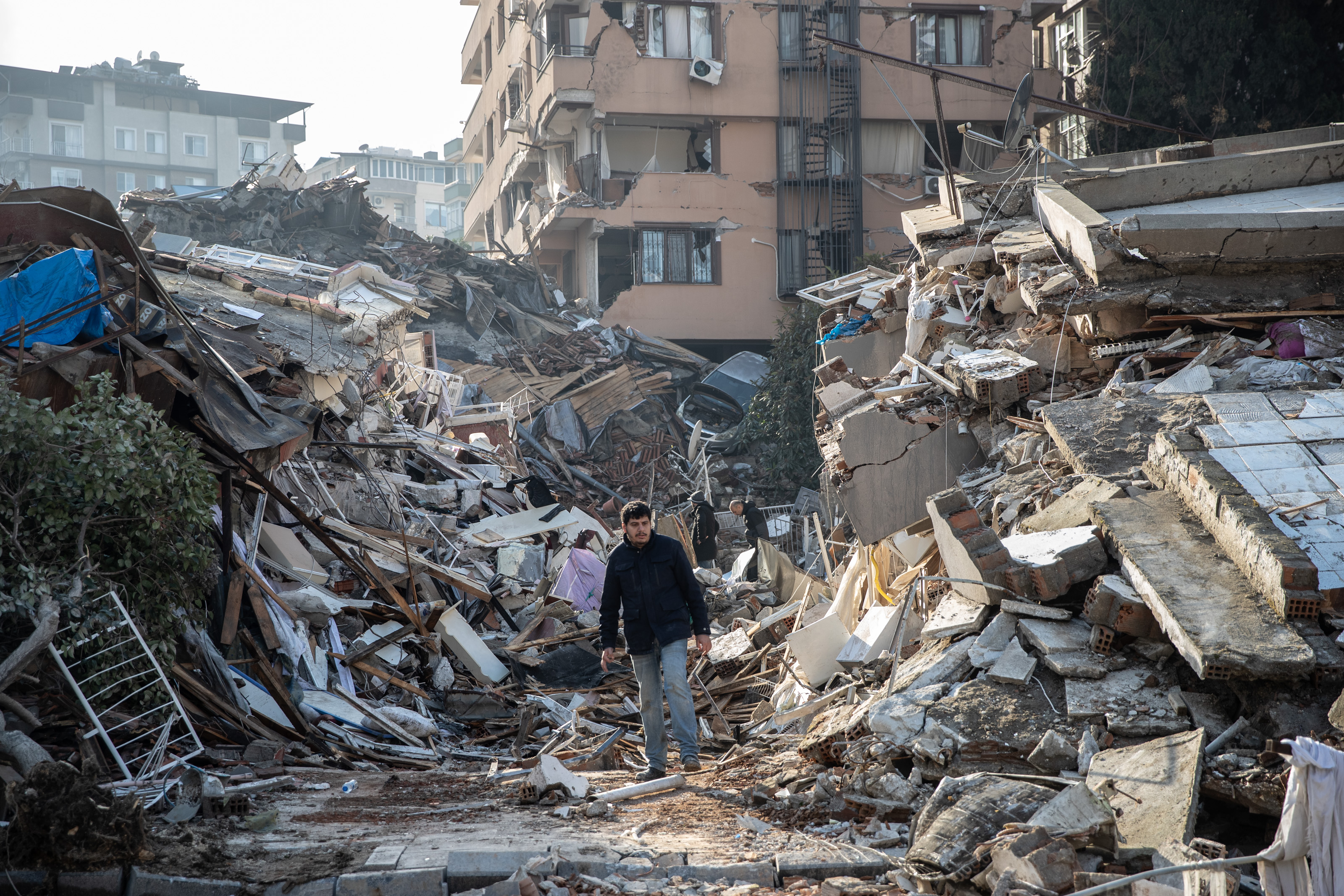Deadliest Earthquakes in History

Earthquakes, nature’s powerful and unpredictable forces, have been responsible for countless tragedies throughout history. These seismic events can unleash unimaginable destruction, claiming countless lives and leaving entire communities shattered. From ancient times to today, the world has witnessed some of the world’s deadliest earthquakes in recorded history. In this article, we explore the list of deadliest earthquakes and discuss the fascinating yet challenging topic of earthquake prediction.
The Most Deadliest Earthquakes in History:
The Great East Japan Earthquake (2011)
This magnitude 9.0 earthquake, one of the most catastrophic in recent history, occurred off the northeastern coast of Japan, unleashing a massive tsunami. The devastating impact of this disaster resulted in an estimated loss of around 16,000 lives, widespread destruction, and a subsequent nuclear crisis at the Fukushima Daiichi power plant.
The Tangshan Earthquake (1976)
Taking place in China, the city of Tangshan in Hebei province was struck by a powerful magnitude 7.8 earthquake. The tremor, which occurred during the night when many residents were asleep, led to an estimated death toll ranging from 242,000 to 655,000, establishing it as one of the most fatal earthquakes ever recorded.
The Shaanxi Earthquake (1556)
Known as the deadliest earthquake of all time, this catastrophic event occurred in Shaanxi province, China. With an estimated magnitude of 8.0, the earthquake claimed the lives of approximately 830,000 people. The region’s population density amplified the devastation caused by this earthquake during that era.
The Haiti Earthquake (2010)
Striking near the capital city of Port-au-Prince, this magnitude 7.0 earthquake-ravaged Haiti, one of the poorest countries in the world. The disaster claimed the lives of an estimated 230,000 people and caused extensive damage to infrastructure, leaving millions displaced and in need of aid.
The Indian Ocean Earthquake and Tsunami (2004)
This undersea megathrust earthquake, with a magnitude of 9.1–9.3, occurred off the west coast of northern Sumatra, Indonesia. The resulting tsunami devastated coastal regions surrounding the Indian Ocean, affecting countries such as Indonesia, Thailand, Sri Lanka, India, and the Maldives. It caused an estimated death toll of approximately 230,000 people.
Earthquake Prediction: A Complex Challenge
The ability to predict earthquakes accurately and in advance remains an elusive goal for scientists and researchers. While seismic monitoring and the study of fault lines provide valuable insights into potential earthquake-prone areas, the precise timing and magnitude of future earthquakes still need to be determined. However, in recent years, there has been increasing interest in the potential role of animals in earthquake prediction.
According to a report on Al Arabiya, animals have exhibited peculiar behavior before major seismic events. This phenomenon has led some to believe that animals possess a natural ability to sense impending earthquakes, possibly due to their acute sensitivity to environmental changes. However, it is important to note that this area of research is still in its early stages, and further scientific investigation is needed to understand the mechanisms behind animal behavior in relation to earthquakes.
In Conclusion
The world has witnessed the devastating impact of earthquakes throughout history, with countless lives lost, and communities shattered. The deadliest earthquakes serve as reminders of the immense power of nature and the need for robust disaster preparedness and response measures. While earthquake prediction continues challenging scientists and researchers, studying animal behavior and its potential connection to seismic activity provides an intriguing avenue for further exploration. As we strive to understand and mitigate the risks associated with earthquakes, we must remain vigilant and continuously improve our ability to respond to these unpredictable and destructive forces of nature.




